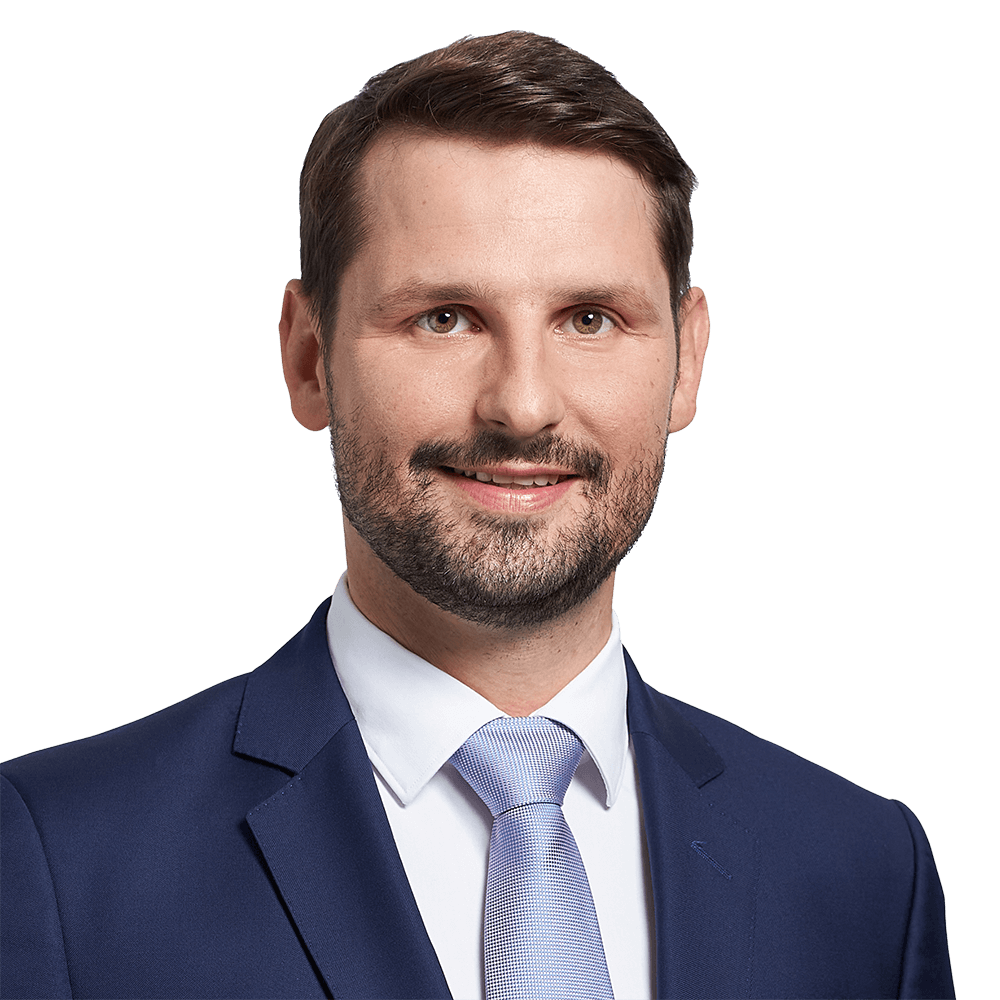Germany's immigration reforms look to boost skilled worker supply
Published on 1st February 2023
Work is underway to simplify immigration rules for skilled workers with the draft law's main points published

Demographic change is not sparing any sectors in Germany, with the shift in the structure of society leading to an increasing shortage of skilled workers. Across Germany's regions and sectors, there are numerous vacancies that cannot be filled with suitable personnel.
And an improvement is not to be expected for the time being, however. According to experts, Germany now has a net need for immigration of 400,000 employers annually.
Simplify laws
Germany's government wants to counteract this problem actively and simplify immigration law with the introduction of measures to modernize skilled-labor immigration law. With these cornerstones for its reforms, the Labour Ministry is developing a draft law that is to be introduced in Parliament in Q1 2023.
In the long term, the acquisition of the German language is essential for immigrant labor to commence work.
In addition, the documents required for the recognition procedures will also be accepted in English or the original language. And Germany wants to promote working in Germany actively to attract visa applicants. It has divided the reforms into a three-pillar system.
1. Professional qualifications
The first pillar is based around immigrants with recognized professional qualifications. Immigrants who can show a vocational qualification recognized in Germany are to be allowed to work in any qualified occupation in the future. This even applies to occupational fields that are not related to a specific field, as long as the employer is convinced of their qualifications.
Highly qualified immigrants with a university degree will be able to apply for the EU Blue Card, for which the required salary threshold of €56,400 gross is planned to be reduced to €48,626.
In addition, the plans include the creation of a possibility of entry and residence for skilled workers who cannot or can only partially prove their professional qualification due to missing documents, provided they are not responsible for this. They can then be finally examined in Germany.
2. Job offer but no qualification
The second pillar is for immigrants who have a job offer and work experience but no recognized vocational qualification – yet. For immigrants without a vocational qualification recognized in Germany, the focus will be on their professional experience.
If a professional qualification is available that is state recognized in the respective home country, two years of professional experience are sufficient to pursue such an activity in Germany.
The situation is different for professions for which a special license must be obtained, such as lawyers or doctors. In order to prevent qualified professionals from carrying out auxiliary activities, the German government plans a salary threshold of €39,420, which is 45% of the contribution assessment ceiling of the statutory pension insurance.
This regulation can be deviated from if the foreign employee has agreed on a "recognition partnership" with the employer. Accordingly, work can be taken up from the first day, if the necessary qualifications or recognition procedures are running in parallel.
Special provisions are meant to apply to IT professionals, for whom both the salary threshold and the requirements for the necessary language skills are to be lowered.
3. Points system
The third pillar will be the operation of a points system. Third-country nationals without a job offer and sufficient work qualifications, but with good potential, will most likely also be given the opportunity to work in Germany.
The German government plans a transparent, unbureaucratic points system as the basis for a "job search opportunity card". Candidates for immigration can prove their potential on the basis of specific parameters – such as reference to Germany, age, language skills, professional experience or qualifications – and the collection of points.
Seeking training places included
In addition, the German government has also not disregarded the fact that "immigration for the purpose of seeking a training place" is an option. This is to be taken up by various adjustments; for example, to the required language level, the necessary school-leaving qualification and age limits.
Osborne Clarke comment
Of course, despite the approach to have multi-layered links to the various circumstances that immigrants face, there are potential areas of policy that remain untapped. For example, Germany can make more active use of the European freedom of movement to recruit workers, although this would probably require a simplification of bureaucracy and, possibly, the creation of tax incentives.
Furthermore, it is crucial that the recognition procedures for residence titles and visa procedures are simplified and shortened. Otherwise, immigrants would in principle have the opportunity to work in Germany, but the implementation would be delayed again. This would stand in the way of achieving the goal in the short term. However, a solution would be to increase the digitalization of the process.
The problem of the shortage of skilled workers is not only a phenomenon of the economy, but also affects the consulates and foreigner authorities. In addition to digitalization, it is, therefore, necessary to expand their capacities in order to shorten the duration of possible procedures.
In any case, the federal government has sent a clear signal with the publication of the planned reforms and announcement of a drive for action.




